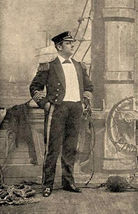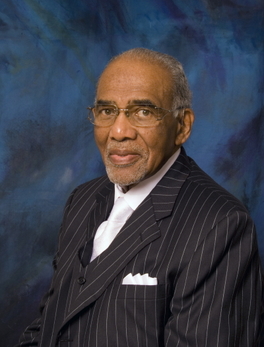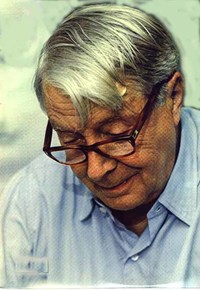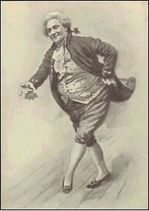A very brief entry, addressed to the Seattle driver of a black automobile with "THE ART" license plates:
Dear Sir,
Not only are you a rude speed-demon, but a light-running scofflaw as well.
Here's hoping that you mend your errant ways, or, barring that, that other drivers might be warned about said ways by having read this.
Cheers,
AOS
Dear Sir,
Not only are you a rude speed-demon, but a light-running scofflaw as well.
Here's hoping that you mend your errant ways, or, barring that, that other drivers might be warned about said ways by having read this.
Cheers,
AOS




 RSS Feed
RSS Feed
